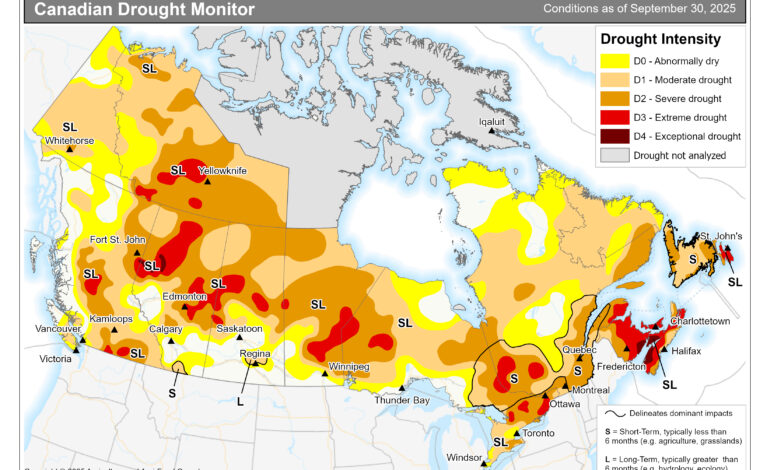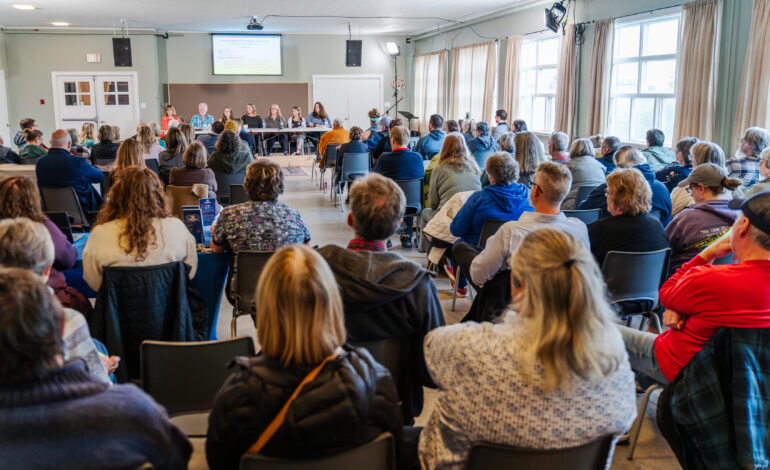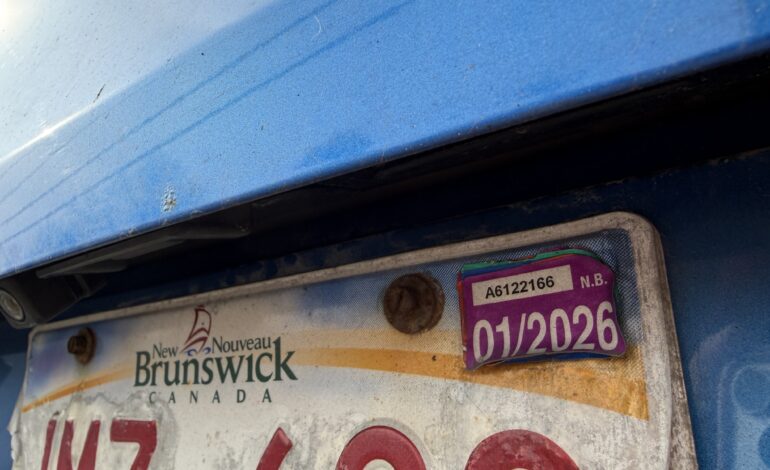
New Brunswickers are being asked to continue to conserve water amid “well below normal” levels across the province.
As temperatures continue to drop, frost will limit the ground absorption, according to the Department of Environment and Local Government.
“Our province continues to experience low rainfall, and, until significant precipitation returns, every drop saved counts,” said Environment and Climate Change Minister Gilles LePage. “Community resilience begins with each of us doing our part to conserve water.”
The department said while the recent rain has been positive, it is not enough to solve the recent drought. It said sustained and consistent precipitation is required to bring levels up to normal.
According to the Canadian Drought Monitor (CDM) report, published through the Government of Canada, more than half the province is in the extreme drought category. The report also suggests some wells on Grand Manan have run dry.
The department said in the release that with no significant precipitation in the immediate forecast, conditions are expected to continue to decline.
People are being asked to consider how to reduce water consumption and use, whether on a public or private system.
“We will work directly with local governments to ensure they have the tools and information to support residents experiencing reduced or no water supply,” LePage said.
The Department of Environment and Local Government suggests the following ways for people to conserve water:
- avoid washing vehicles
- avoid letting water run while brushing teeth
- use washing machines and dishwashers less frequently and with full loads only
- take quick showers to minimize water used for washing
- consider installing low-flow faucets
- check for leaks in plumbing systems, such as faucets and toilets, and repair as necessary
In Saint Andrews, Chief Administrative Officer Chris Spear said the water supply is surface level, adding it is satisfactory.
“We have one facility, Bayside Hall, that is on a well. It uses very little water (compared to a household) and we have not experienced any issues there,” he said. “For citizens on private wells, we have not been notified of any issues. Private wells are outside the jurisdiction of municipalities and is handled by the Department of Environment. If a cluster of local properties ran into well issues, Council may intervene with the Province to help find alternative solutions.”




